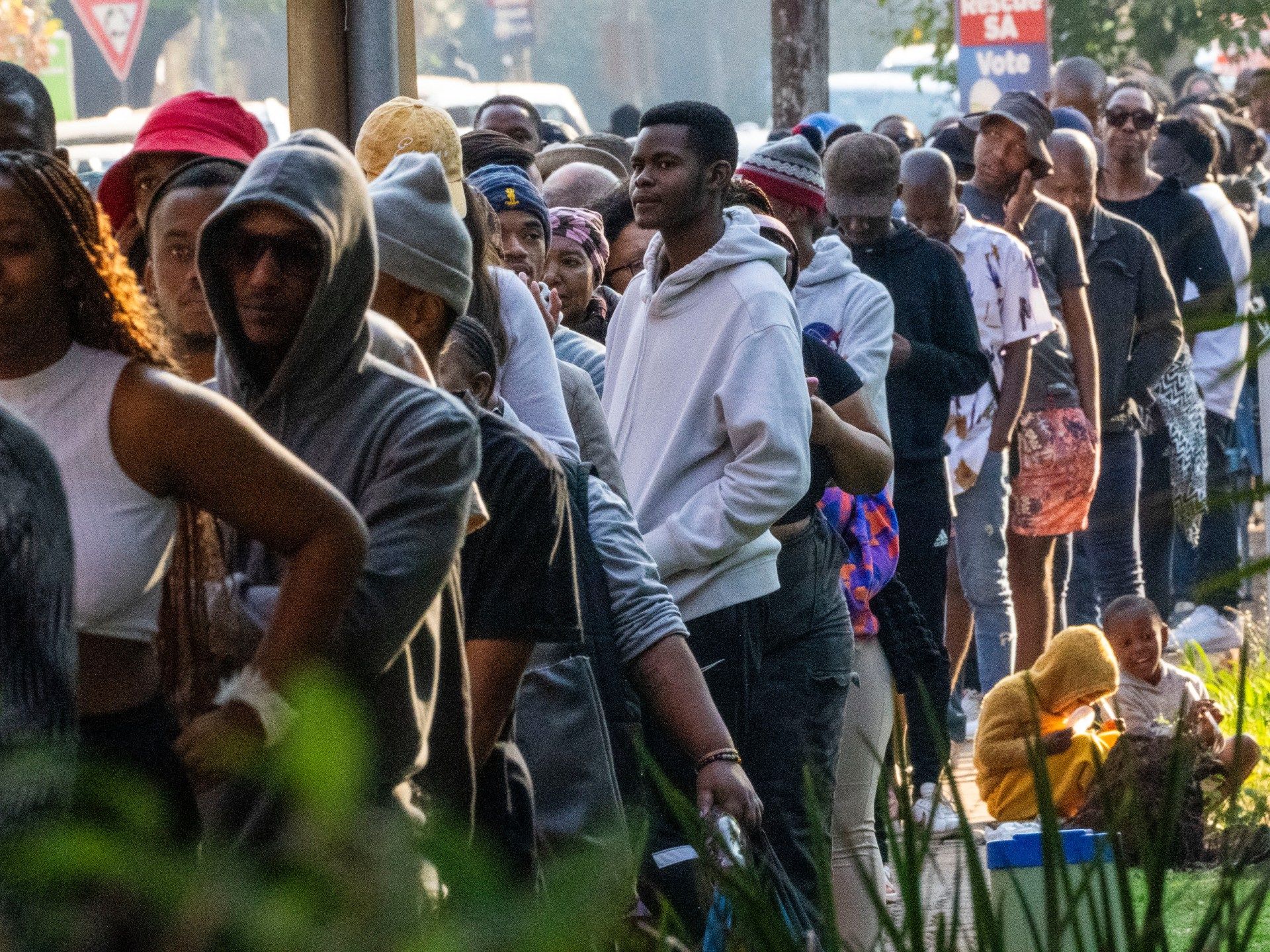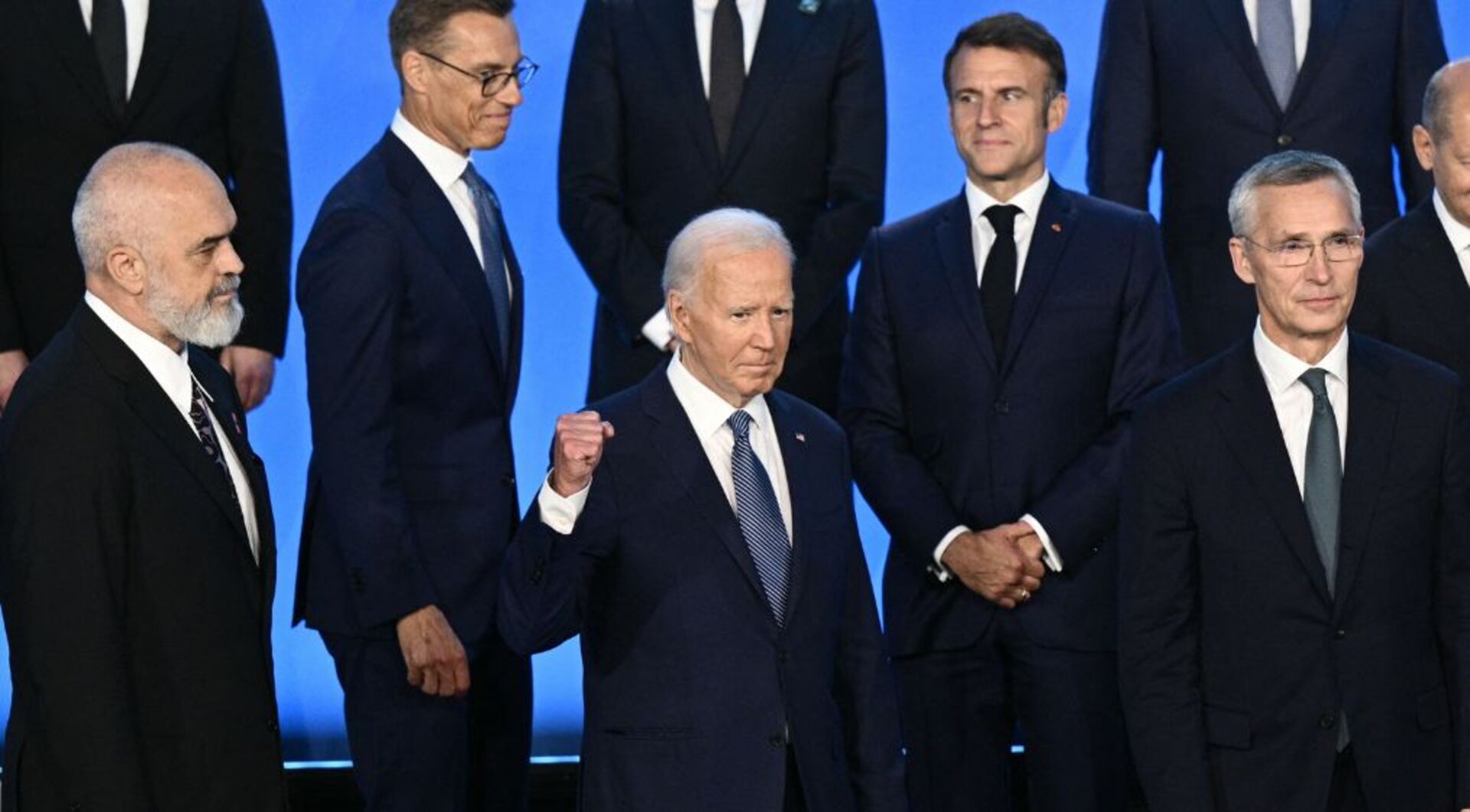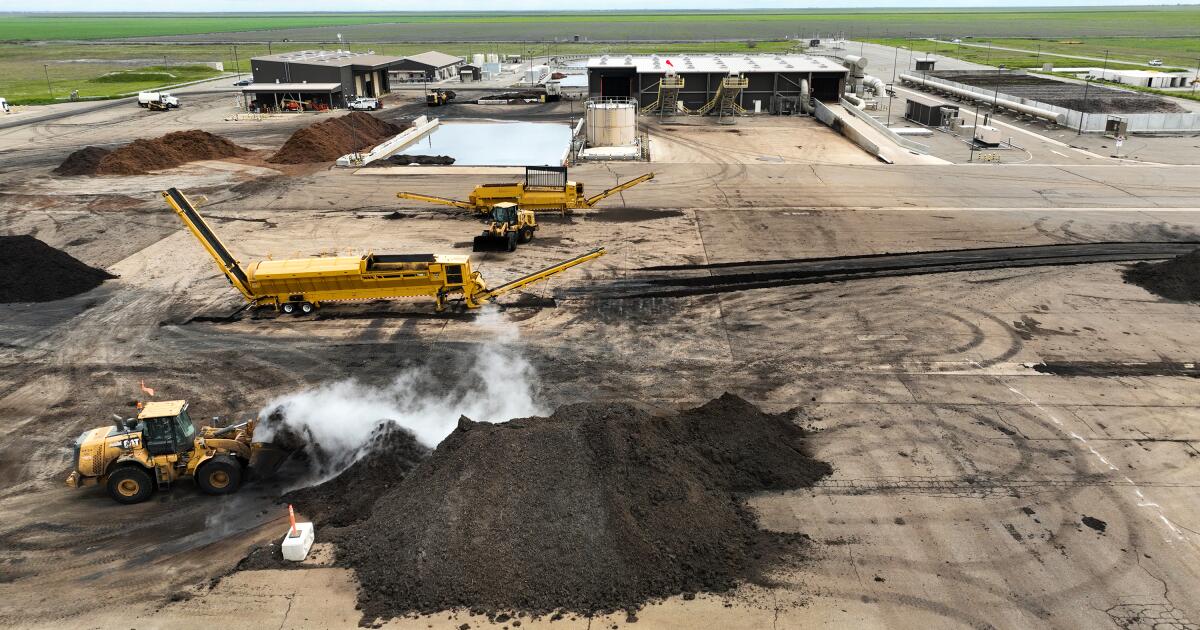Johannesburg, South Africa – Mpimo Hlavanganwane is much younger than South Africa's democracy. The 23-year-old grew up in Chiawelo, the same area of Soweto that President Cyril Ramaphosa calls home. Moments before the president arrived at Hitekani Primary School to cast his vote in front of the glare of cameras on Wednesday, Hlavanganwane quietly queued up to vote.
In the narrative of Ramaphosa's ruling African National Congress (ANC), Hlavanganwane is among the “Tintswalos”, the name given to young South Africans born after the introduction of democracy who benefited from ANC rule.
However, Hlavanganwane doesn't see it that way.
He has a degree in accounting from the University of Johannesburg. But too often he himself is a statistic. Like millions of other South Africans, he is out of work despite trying for months to get one. In total, 45.5 percent of South Africa's youth are unemployed.
A week before Wednesday's election in South Africa, a quarterly survey measuring unemployment by Statistics South Africa revealed that the total number of unemployed people in South Africa rose by 330,000 to 8.2 million during the first quarter. The overall unemployment rate is nearly 33 percent, the highest in the world.
That harsh reality was the reason Hlavanganwane turned out to vote – and the reason he said he couldn't vote for the ruling African National Congress (ANC) even though he comes from a family with strong ties to the party, who led the freedom movement against racial segregation. The ANC has governed South Africa since winning the first post-apartheid democratic elections in 1994.
“I'm nervous, but we need to vote to make change,” Hlavanganwane said. “They don't seem to care about young people. The unemployment rate is increasing.”
In its election campaign, the ANC promised to create 2.5 million jobs if it had the opportunity to govern again for the next five years.
But Hlavanganwane said he was not convinced and it was time to break with the past, for the country and for him.
“My grandmother was a person who really supported the ANC. She attended ANC events and meetings. “I grew up knowing the ANC and knowing that they are the right people to vote for,” she said. “As you get older, you expose yourself to things and learn more. In reality, they may not be the right people to vote for.”
As in other parts of the country, support for the ANC in Soweto – the Johannesburg township that Nelson Mandela and Archbishop Desmond Tutu called home – is waning.
On Wednesday, polling stations opened at 7 a.m. with isolated incidents of delays and interruptions. They will remain open until 9 pm and counting will begin shortly after. Almost 28 million South Africans are registered as voters in a country with a population of 62 million. Results are expected on Sunday.
Polls suggest the vote could prove historic, marking the first time the ANC could lose its majority since 1994. John Steenhuisen, leader of the main opposition Democratic Alliance party, said while voting in Durban: “This is a critical choice. “For South Africa and tomorrow we can be a better country, but only if we vote for it.”
In KwaZulu-Natal province, the upstart uMkhonto weSizwe (MK) party, led by former president Jacob Zuma, is the favorite to win as it eats up ANC votes.
But outside his voting booth in Soweto, Ramaphosa was optimistic about the ANC's national prospects. “The people of South Africa will give the ANC a firm majority when they vote today. There is no doubt about it. The ANC, under my leadership, led a formidable campaign,” he stated. “People are voting for the stabilization and extension of our democracy. “It is a great day for the people of South Africa when South Africa decides who should lead the government.” ANC supporters in Soweto howled as the president drove away from the township he once called home.

'Excited to vote'
In the nearby town of Lenasia, Attiya Songo was voting for the first time. “I'm very excited,” she said.
The 23-year-old political science student at the University of Johannesburg grew up in a household of ANC activists. Her family was among millions of people forced to move by the apartheid state, and she grew up hearing stories from her father and grandfather about the fight for freedom.
As a child, Attiya had an optimistic view of the ANC from the stories she heard from her parents and grandparents. Now that she has the opportunity to vote, she doesn't share that opinion.
“When I was younger, they had some good things. Now that I am getting older, I have nothing positive to say about the ANC,” she said. “Voting for them was never considered.”
Her mother, Salma Songo, who was behind her in the queue to vote at Lenz public school, said she had voted for the ANC since 1994.
He said it was unthinkable that the day would come when he would no longer vote for the ANC. However, Wednesday was that day.
“I remember the excitement and joy of voting in 1994. We voted here in Lenasia. We had winding, winding queues and there was absolute excitement,” Salma said.
He said corruption and greed were the main reasons why the ANC had lost its way. And at least part of his vote.











